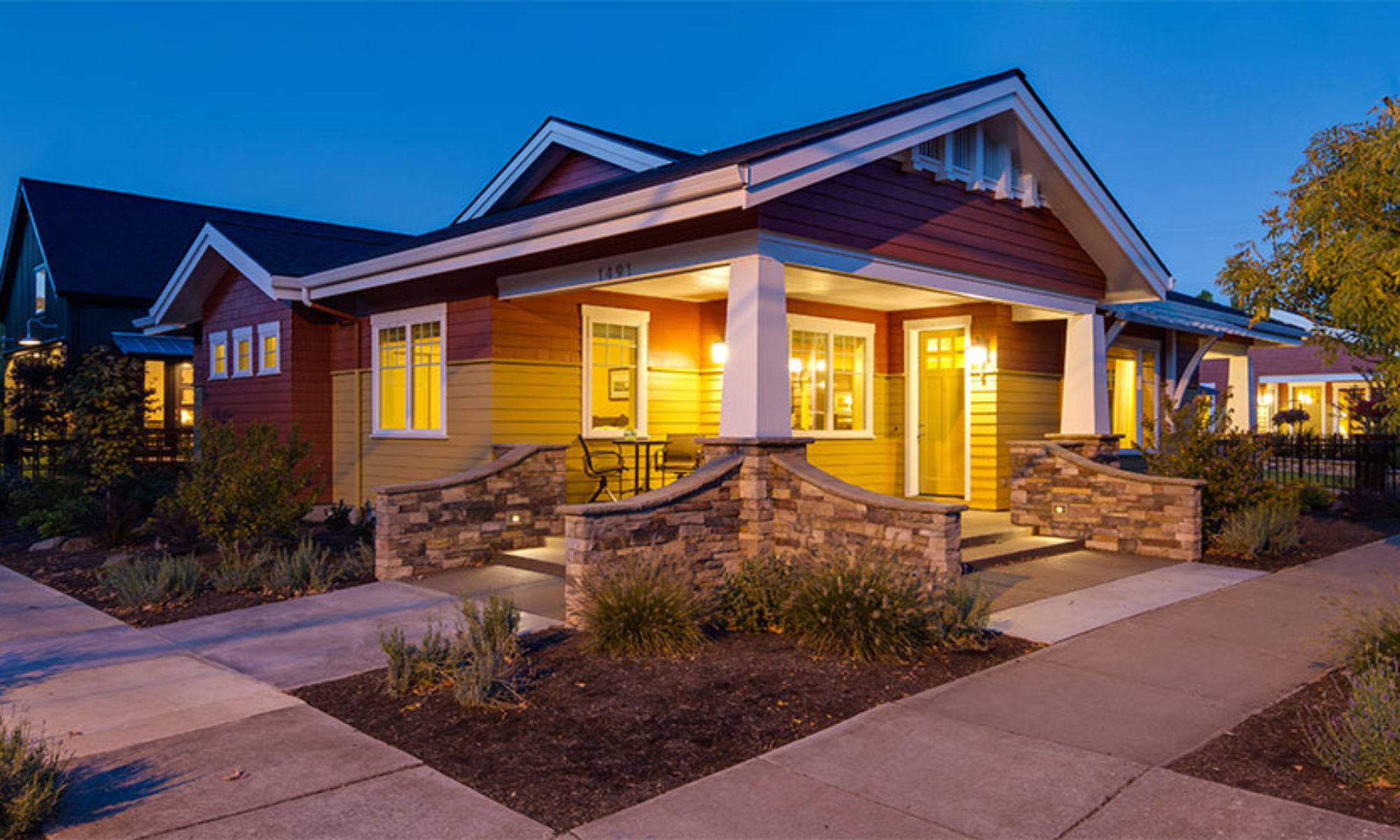I briefly talked in my last post about the free-market and bus fares of $15 and $10-a-gallon gas. I wanted to expand that some more here.
Even though we are in a culture where most people own cars, there are still those who do not. So what about them? How can or should they get around? And even if everyone DID have a car, how would that affect our street and road system? To answer that, if you live in or visit the Eugene-Springfield area, just drive out West 11th most any time of day or Beltline Road any weekday afternoon after about 3:30 pm.
Building and widening roads is not the answer. You can find all sorts of evidence that transportation options (cars, buses, bikes, walkability) all contribute to a more livable community and greater social equity. When people have options, are able to walk or bus or bike or drive, then the financial impact in their life becomes more of a choice than a burden. And I hear people complaining that LTD is cutting routes and services while wanting to spend money on the EmX route. The problem with that is the monies come from different sources: regular routes are largely payroll taxes and constructing the EmX is largely Federal funding. If we don’t spend the Federal money on the EmX, the Feds will spend it somewhere else. It can’t be used for regular service; plus Bus Rapid Transit such as the EmX is much more efficient.
I’m fortunate enough that I could afford to drive my car every day to and from work. It’s a nice car and gets relatively decent mileage. I can afford to pay the regular service on it and all that. But when I discovered my transportation choices, it has done several things in my psyche.
First, when I ride my bike, I get exercise and fresh air and my metal attitude when I arrive at work is much calmer. Multiple benefits.
Second, when I ride the bus, I can read a book or strike up a conversation with a new acquaintance and broaden my circle of friends. Multiple benefits.
Third, when I drive, I can have the option of not having to plan my day quite as tight. Multiple benefits.
But some people don’t have all three choices. And the most expensive of those three options is the car. While there may be many who ride the bus because they want to (and I think there are; after all, I’m one of those), there is also a segment of our society who need the option of mass transit in order to make their monthly budgets work.
Do we really care about our neighbors?


One Reply to “Empty Buses and Mass Transit – Part 3”
Comments are closed.